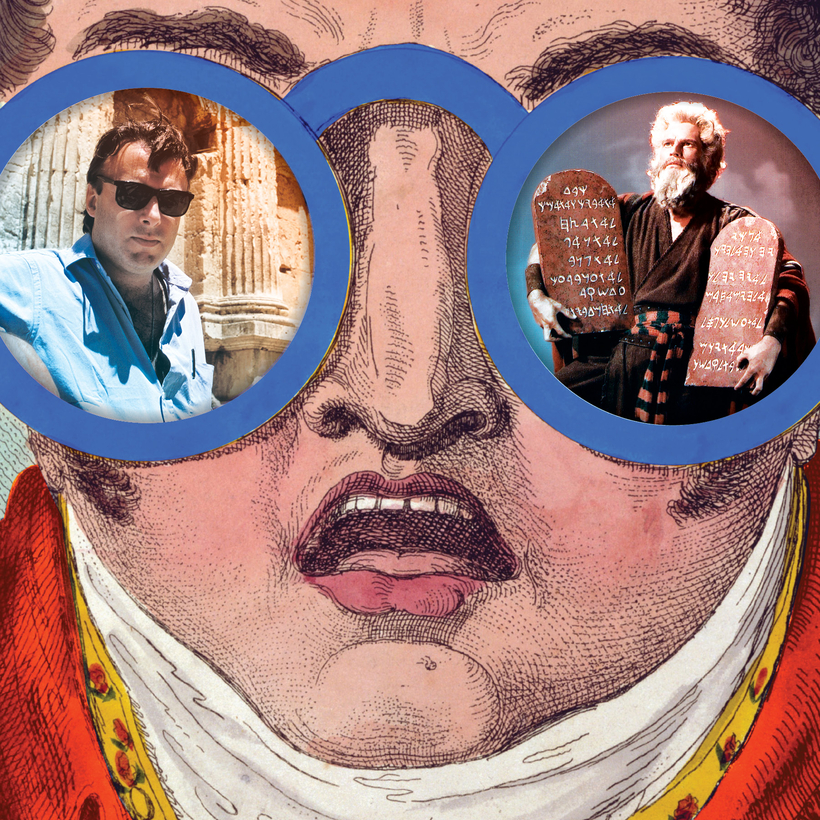So how does one come to grips with the whirlpools of insanity that swirl around us these days? Copious amounts of alcohol are certainly a time-tested option. An even better alternative is to spend time with wiser heads who are willing to dispense advice on how to navigate the road ahead. In my own case, there are a number of friends I’ve lost over the years whose wisdom and reason would be invaluable in trying to make sense of the sheer brokenness of the America we are living in.
Two of these friends were old Vietnam hands—Michael Herr and David Halberstam. Michael wrote Dispatches, arguably the finest book about the war part of the Vietnam War. Then he became a Buddhist and moved to upstate New York. David’s book The Best and the Brightest was the definitive account of the politicians and mandarins who drove us into Vietnam and who kept us there long past our welcome. Their experiences with wrongheaded administrations—and, in the case of David, with his own newspaper—gave them a healthy disdain for authority in all its guises.


